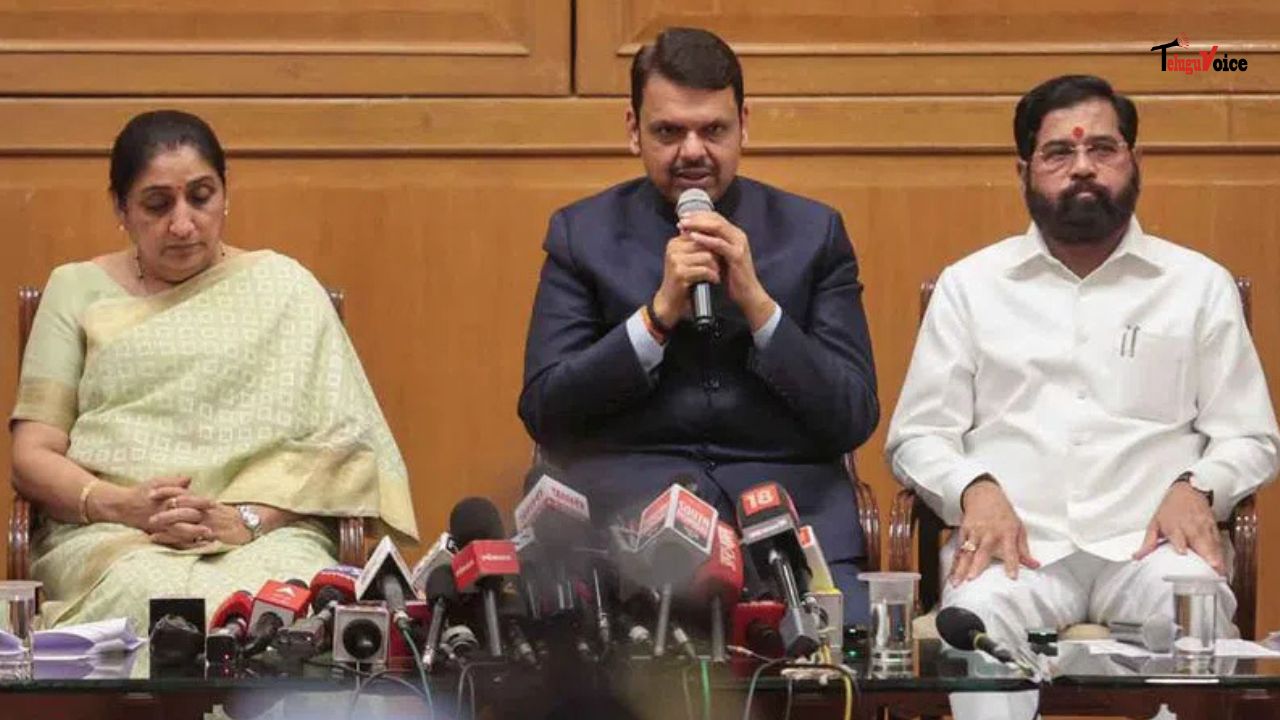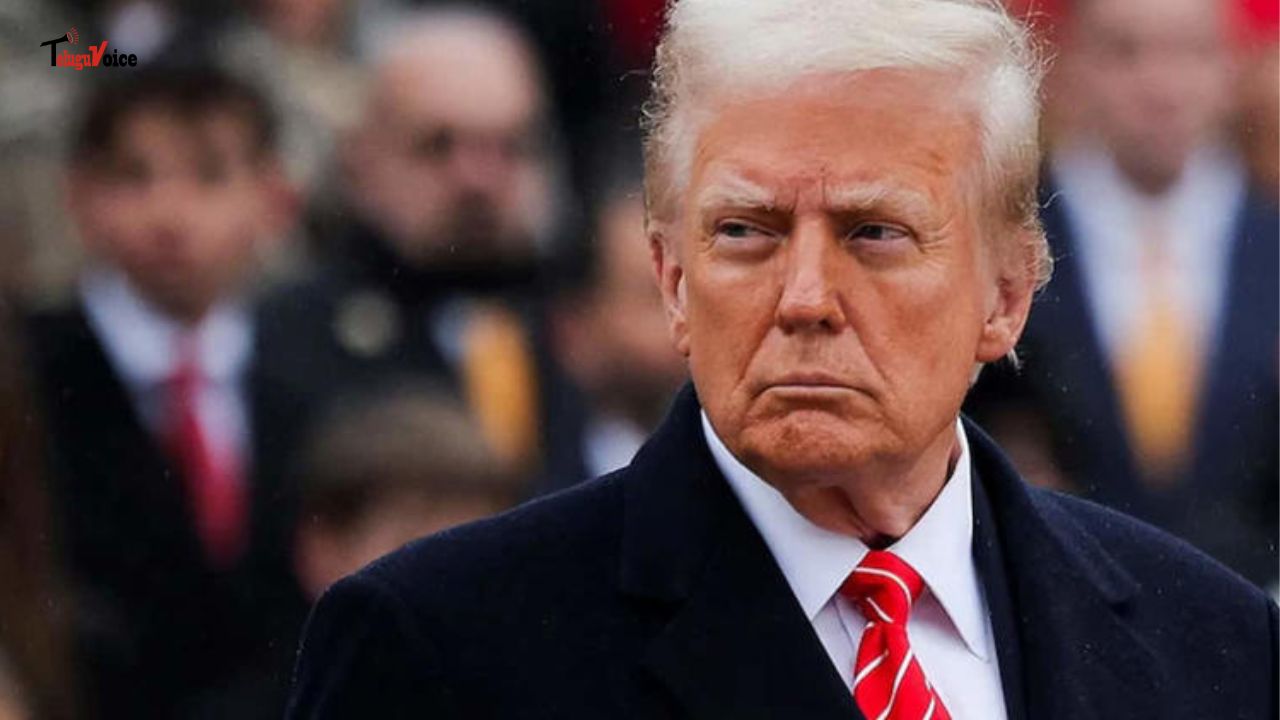US Election 2024: Global Impact and India's Strategic Stakes

The 2024 US presidential election is shaping up to be a critical event with far-reaching consequences, not just for the United States but for global economies, diplomacy, and strategic relations. As the world's largest economy and a significant military power, the US will see its policies ripple through everything from international trade to peace efforts, making this election pivotal for global stability.
The election's outcome will significantly affect US foreign policy, trade agreements, defense strategies, and global markets. For India, the stakes are incredibly high, as the future US president’s approach to key issues like defense, trade, and strategic relations could reshape India-US ties. The US is a major investor in India's technology, infrastructure, renewable energy, and manufacturing sectors, and shifts in economic policy will directly influence India’s exports and economic growth.
The race between former President Donald Trump and Vice President Kamala Harris is tight, with Harris holding a narrow lead. The election results, set for November 5, will impact global markets, including India. While there may be short-term market volatility, experts predict that markets will adjust and stabilize quickly after the election results are announced.
Trump’s economic stance focuses on protectionism, favoring tariffs on imports and encouraging domestic manufacturing, which could lead to higher inflation and affect India’s exports. In particular, Indian textiles, pharmaceuticals, and agricultural products may face new challenges in the US market if Trump reinstates his tariff-driven trade policies. Furthermore, Trump’s tough immigration stance, particularly regarding H-1B visas, has already impacted Indian IT professionals in the past.
Despite these hurdles, India remains a key strategic partner for the US, especially as both nations navigate the growing influence of China and Russia on the global stage. If Trump wins, India may benefit from US efforts to counterbalance China with strengthened trade ties, but the relationship could be more transactional. On the other hand, Harris is likely to continue the Biden administration’s focus on multilateralism, fostering diplomatic and economic cooperation.
Regardless of the election outcome, the India-US relationship is expected to remain resilient, shaped by mutual strategic interests in the Indo-Pacific region and beyond. Both nations must navigate the complexities of trade, defense, and climate change while maintaining strong ties in an increasingly volatile geopolitical landscape.

 South Africa tour of India 2019
South Africa tour of India 2019










Comments